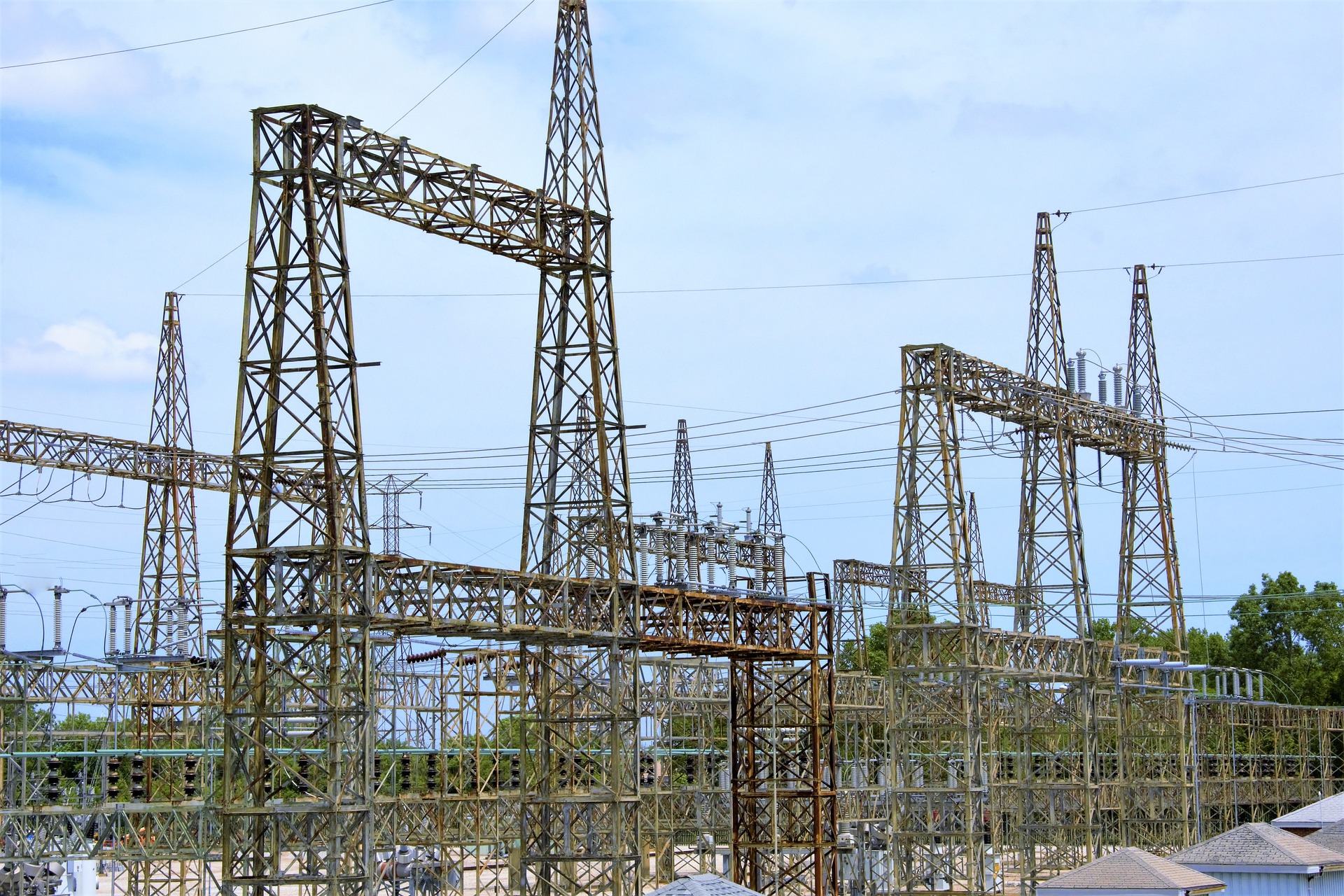
The electric power transmission and distribution system (the grid) is an extraordinarily complex network of wires, transformers, and associated equipment and control software designed to transmit electricity from where it is generated, usually in centralized power plants, to commercial, residential, and industrial users. During natural and man-made disasters, destruction of the grid cascades well beyond whether the lights turn on, impacting among other basic services such as the fueling infrastructure, the economic system, and emergency services. Our reports discuss vulnerabilities of the grid, ways in which communities respond to widespread outages and how to minimize these impacts, and how resilience can be encouraged and built into the grid in the future. All are free to read online or download.

The Future of Electric Power in the United States
Electric power is essential for the lives and livelihoods of all Americans, and the need for electricity that is safe, clean, affordable, and reliable will only grow in the decades to come. At the request of Congress and the Department of Energy, the National Academies convened a committee of experts to undertake a comprehensive evaluation of …[more]

Bringing Fusion to the U.S. Grid
Fusion energy offers the prospect of addressing the nation’s energy needs and contributing to the transition to a low-carbon emission electrical generation infrastructure. Technology and research results from U.S. investments in the major fusion burning plasma experiment known as ITER, coupled with a strong foundation of research funded by the …[more]

Providing a reliable and resilient supply of electric power to communities across the United States has always posed a complex challenge. Utilities must support daily operations to serve a diverse array of customers across a heterogeneous landscape while simultaneously investing in infrastructure to meet future needs, all while juggling an …[more]

Electric power is a critical infrastructure that is vital to the U.S. economy and national security. Today, the nation’s electric power infrastructure is threatened by malicious attacks, accidents, and failures, as well as disruptive natural events. As the electric grid evolves and becomes increasingly interdependent with other critical …[more]

Enhancing Urban Sustainability with Data, Modeling, and Simulation: Proceedings of a Workshop
On January 30-31, 2019 the Board on Mathematical Sciences and Analytics, in collaboration with the Board on Energy and Environmental Systems and the Computer Science and Telecommunications Board, convened a workshop in Washington, D.C. to explore the frontiers of mathematics and data science needs for sustainable urban communities. The workshop …[more]

Analytic Research Foundations for the Next-Generation Electric Grid
Electricity is the lifeblood of modern society, and for the vast majority of people that electricity is obtained from large, interconnected power grids. However, the grid that was developed in the 20th century, and the incremental improvements made since then, including its underlying analytic foundations, is no longer adequate to completely …[more]

If the United States is to sustain its economic prosperity, quality of life, and global competitiveness, it must continue to have an abundance of secure, reliable, and affordable energy resources. There have been many improvements in the technology and capability of the electric grid over the past several decades. Many of these advances to the …[more]

The Resilience of the Electric Power Delivery System in Response to Terrorism and Natural Disasters is the summary of a workshop convened in February 2013 as a follow-up to the release of the National Research Council report Terrorism and the Electric Power Delivery System. That report had been written in 2007 for the Department …[more]

Terrorism and the Electric Power Delivery System
The electric power delivery system that carries electricity from large central generators to customers could be severely damaged by a small number of well-informed attackers. The system is inherently vulnerable because transmission lines may span hundreds of miles, and many key facilities are unguarded. This vulnerability is exacerbated by the …[more]

